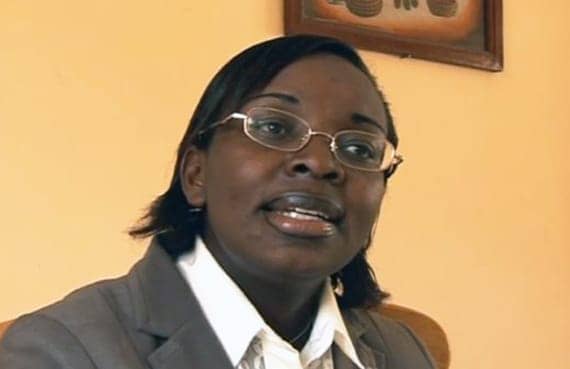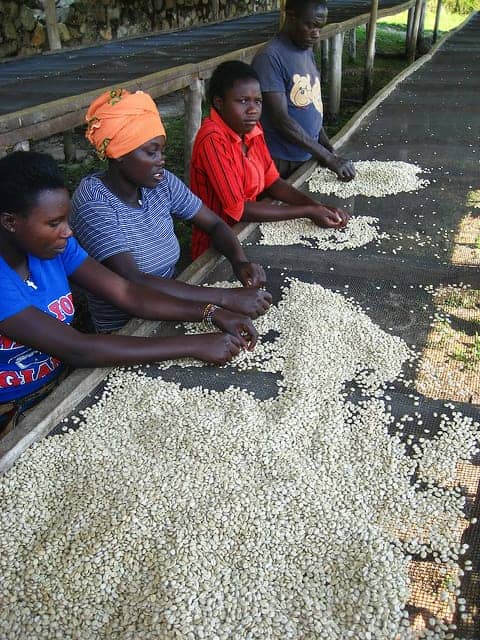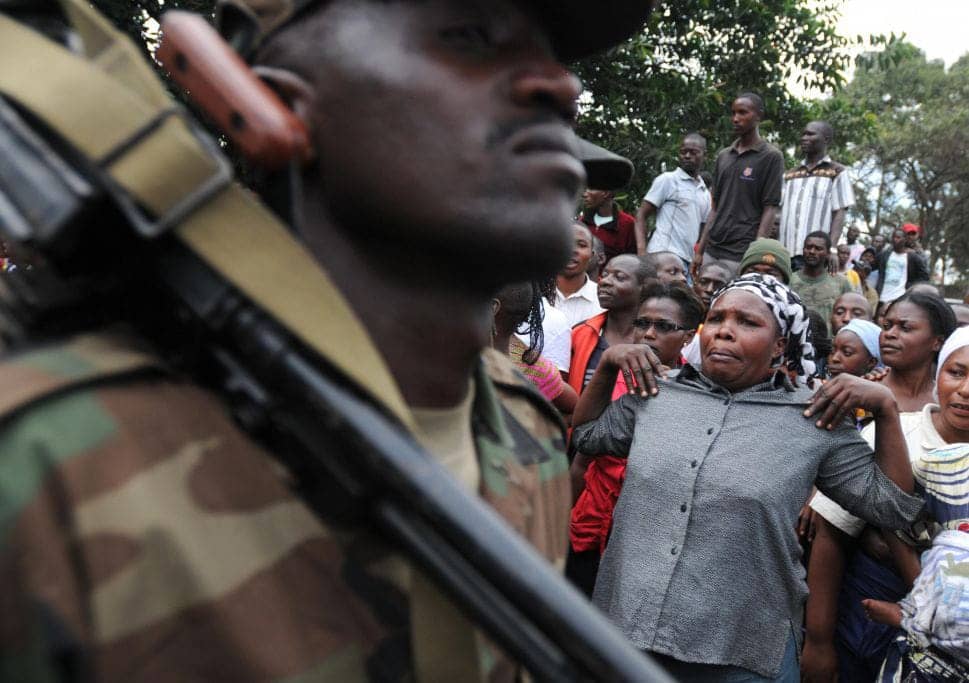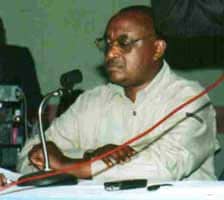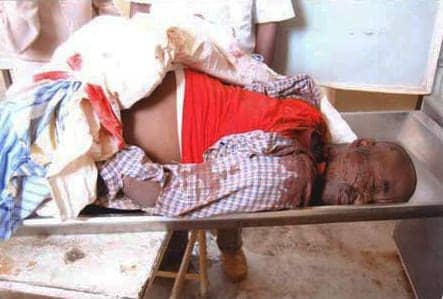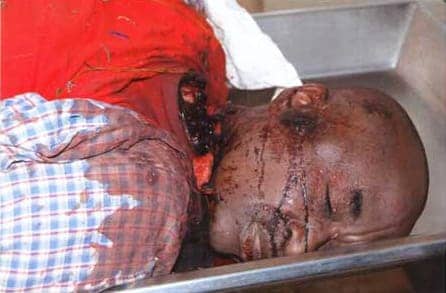 I've always said don't talk to the cops even if you've got nothing to say because when they tell you anything you say can and will be used against you, they mean it '..and they mean it can be used against someone else as well. Again nothing is to be gained by saying anything. Anything can be taken out of context, anything can be juxtaposed to what someone else may or may not have said in any context...they aren't asking because they like you.
I've always said don't talk to the cops even if you've got nothing to say because when they tell you anything you say can and will be used against you, they mean it '..and they mean it can be used against someone else as well. Again nothing is to be gained by saying anything. Anything can be taken out of context, anything can be juxtaposed to what someone else may or may not have said in any context...they aren't asking because they like you.
Below is a good example of how not to say anything.
The following is from EARTH WARRIORS ARE OK!
FBI HARASSMENT IN THE TWIN CITIES
This morning two FBI agents approached Dr. Toxic, a local friend and parent who has been involved in animal rights and other radical activism, and tried unsuccessfully to get him to talk. His account of the incident is below. This sort of visit is typical FBI harassment and clearly meant, as he points out, to push buttons and intimidate people.
If you are approached by law enforcement, remember that you DO NOT have to talk to them, even if they say you do or that you should. We encourage anyone who has been visited to consult a lawyer (call 888-NLG-ECOL if you need to find one), *and* to tell people about it. The FBI uses isolation as a way of coercing people into cooperation, and it behooves us all to expose their activities so we can build community support for targeted individuals.
If you have been approached or harassed by law enforcement, we also encourage you to let us know by emailing ewok@riseup.net.
Stay safe,
EWOK!
EWOK!
http://midwestgreenscare.org
———–
From Toxic:
Here’s what I recall about my encounter with the FBI today:
From Toxic:
Here’s what I recall about my encounter with the FBI today:
I was topping off a full tank of gas at the Holiday Gas Station in Plymouth (Rockford Road and HWY 169) at 10:28am this morning when two FBI agents approached me. They identified themselves. One was heavset with dark short hair. The other was skinnier with a go-tee and shorter dark hair. The skinnier agent did all the talking.
I mostly ignored their presence by looking at them and stating, “I have nothing to say to you guys.”
I then hung up my gas pump and walked into the Holiday Gas Station to pay.
The two agents followed me as I walked across the parking lot to pay inside the gas station. They stopped at the door and waited for me when I went inside to pay.
After I paid and exited the building, the two agents followed me to my vehicle. They were persistenly asking me to cooperate with them and repeatedly mentioned that they wanted to give me an “opportunity.”
Again, I ignored their presence as I walked to my vehicle, opened my door, and drove away.
It was 10:32am when I left the parking of the gas station. To my knowledge, they did not follow me.
They were standing by a red (metallic red) four door (pontiac?) with licence plate # MNB 615 (or a combination of those letters and numbers).
Dialogue I remember them saying to me as I was ignoring them:
“Dominoes are starting to fall all around,” and “we want to give you an opportunity,” and “it would be shame if you didn’t talk to us.” My daughter was concerned because she heard them say the word “kids” when I was getting into the car and shutting the door. I don’t know what exactly they said, but it was probably something to push my buttons.
My two children were with me when the agents approached me today. All three of us are fine now.
Feel free to pass this info on to any lists or groups that you wish.
Dr. Toxic
(Aka- Mike Nelson)
(Aka- Mike Nelson)
